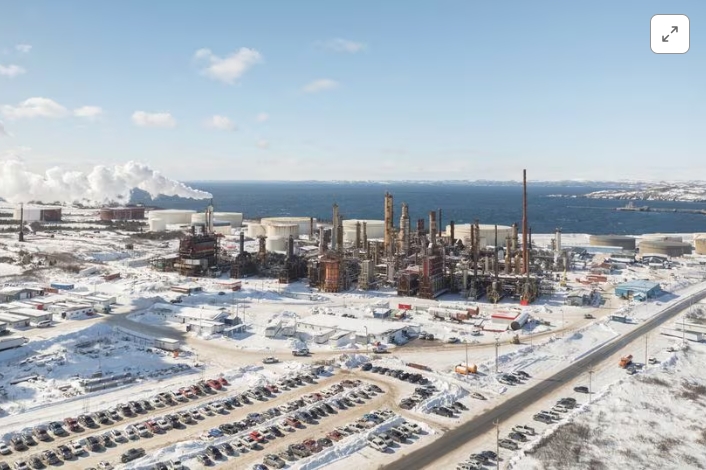
Dallas-based private equity firm Cresta Fund Management acquired a controlling interest in the refinery in Newfoundland and Labrador in November 2021, renaming it Braya, after it was shuttered for more than a year due to the coronavirus pandemic.
Braya said it expects initial production capacity of 18,000 bpd of renewable diesel. It plans to increase the capacity and add production of sustainable aviation fuel in the future, while also exploring green hydrogen production.
"The on-site production of renewable diesel, sustainable aviation fuel, and green hydrogen offers proven alternatives to fossil fuels and significantly decreases the carbon emissions linked to hard-to-abate sectors such as heavy-duty transport, aviation, and heavy industry," Braya said in a statement.
Renewable diesel is made from animal fats, food waste and plant oils. It is chemically equivalent to petroleum-based diesel and can be produced in existing refinery equipment, but the yields are lower than with conventional diesel.
Come-by-Chance had originally tried to sell itself as a refinery, but talks with Canada's Irving Oil fell apart in October 2020, forcing its owners to idle operations.
A number of North American refineries have undertaken conversions to renewable diesel since the pandemic slashed fuel demand and environmental pressure mounted to decarbonize.
More could be converted as investor interest in U.S. refineries has waned, leaving ageing plants with few options.
The Rodeo refinery in California, owned by Phillips 66 (PSX.N), opens new tab is expected to complete its conversion and start producing renewable fuels by the end of next month.